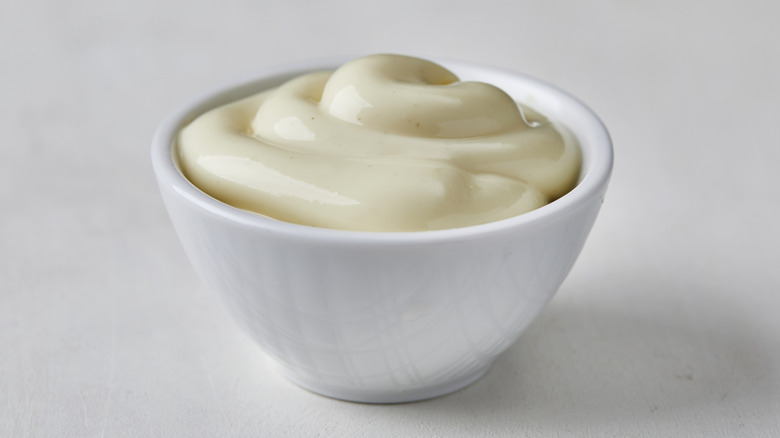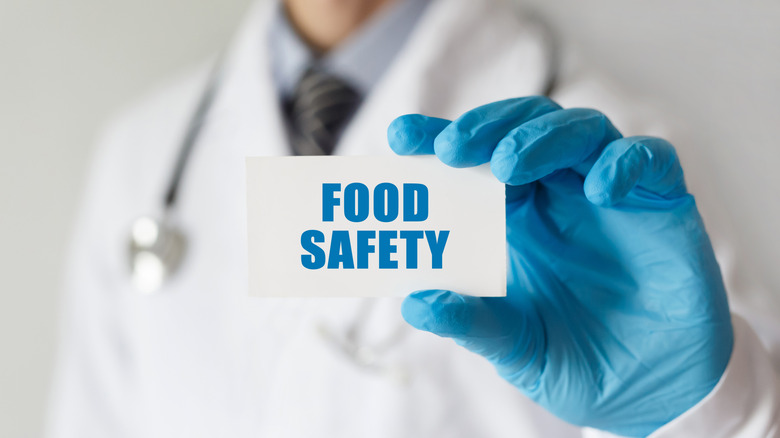The Major Mayonnaise Recall That Landed Consumers In The ICU
In May 2024, dozens of Saudi Arabian citizens were falling ill, many of whom were hospitalized. Health authorities quickly homed in on the source of the illness, a single location of the popular local burger chain Hamburgini, where it was discovered that the mayonnaise had been contaminated with Clostridium botulinum bacteria, the bacteria responsible for botulism. A full 75 people were hospitalized in the city of Riyadh, with one unfortunate victim actually dying from the incident.
Health officials were quick to step in and shut down the production plant responsible for the outbreak. It wasn't long before legal action came to hold the relevant parties responsible, but as the investigation continued it became increasingly apparent that some public officials were attempting to cover their tracks. It's not entirely clear how much of a role this played in the outbreak, if any at all, but an attempted coverup isn't a great look when the public is demanding answers.
The Saudi Arabian government issued a recall for the mayonnaise, instructing consumers to destroy the specific brand regardless of batch number or expiration date — about as sweeping of a recall as you can imagine. The first major food recall in the United States was also due to concerns of botulism, one of the most dangerous forms of food poisoning out there. Botulism is also why it's so dangerous to eat bulging canned foods — a telltale sign of the bacteria.
Food recalls save lives all across the world
In the world of modern food, potential health risks like this seem to be commonplace, which is why government regulation is so important to our health and safety. When picking up condiments from the grocery store or purchasing a hamburger from a local restaurant, no one expects the food to contain potentially lethal neurotoxins. And, for the most part, they don't, thanks to careful regulation.
But when food safety issues do present themselves, modern societies have protocols in place to quickly contain any potential outbreak. Sure, it's not a good look when millions are affected by condiment recalls, but the alternative is objectively worse. Without food recalls, those unintentionally harmful products would be free to roam the market unrestrained. If that were the case here, who knows how many more might have been affected or killed?
It isn't just Saudi Arabia, either. Food recalls were on the rise in 2024, at least in the United States. Although we all would prefer our food to be safe 100% of the time, we can rest a little easier knowing there are systems in place to protect us when things don't go according to plan.

